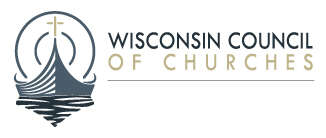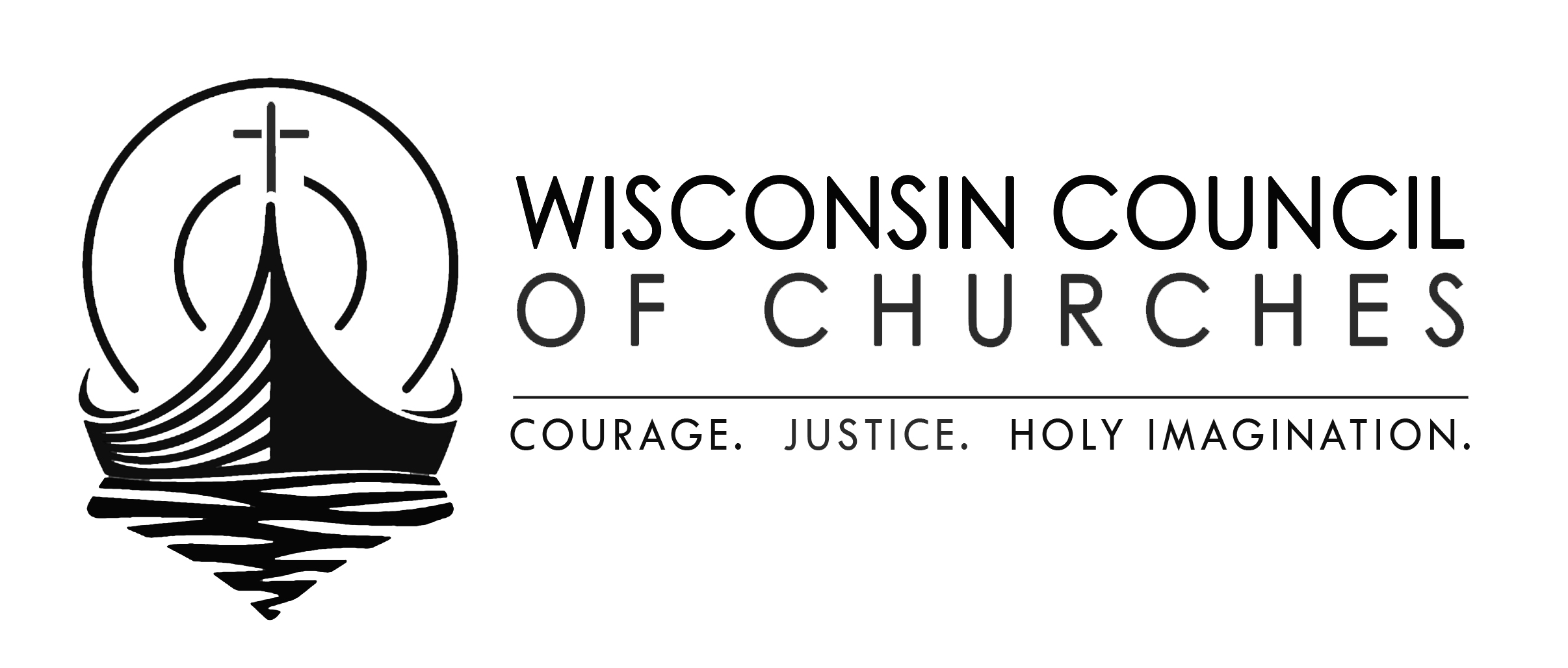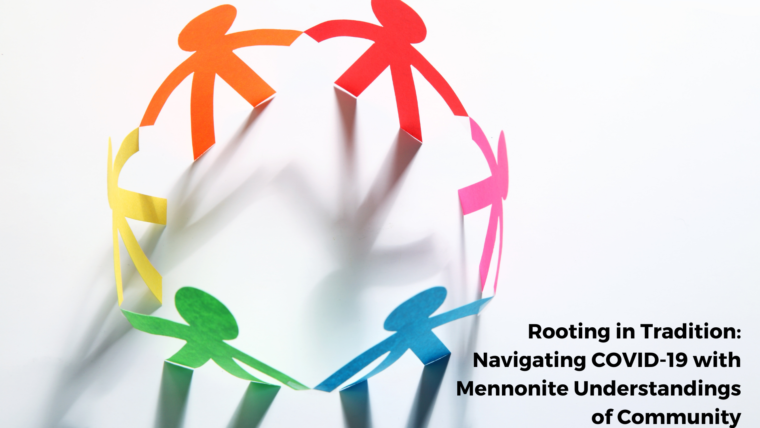Now what?
Building back better, together
I’ve got a favor to ask. Short version: please fill out this brief survey. Longer version: read the following reasons we want you to fill out the brief survey—and then fill it out. Please. Thank you.
The Long Version
When we conceived of this extended project in the summer of 2021, we asked ourselves a simple question: What do we do after everyone has been vaccinated? The answer seemed straightforward at the time: we get everyone ready for the next pandemic.
Turns out, the question we really should have asked was, What do we do when everyone who wants to be vaccinated has been? Because given the flatness of the curve over the past year, that seems to be where we’re at. I suspect the vaccination rate will inch up over time as it becomes more normal. But it won’t be a dramatic change, and certainly not one that happens quickly.
As well, COVID revealed some ways in which the Wisconsin public health system is lacking. At the start of the pandemic, most people would have said we just needed better ways for health providers to connect with local churches.
But the pandemic made some unexpected things clear. There is a real need for public health organizations to build trust, connection, and presence in the communities they serve. They also need help pushing back on cynicism, mistrust, disinformation and the politicization of health.
They need allies, in short. And that, my friends, is where you come in. The only way we’re going to come back better from COVID is to come back together.
So the plan for the final year of our COVID Vaccine Community Outreach project is this. We’re going to build coalitions of public health allies capable of preparing for the next pandemic. You can thank WCC Executive Director Kerri Parker for that bit of foresight back in 2021.
What those coalitions look like is still coming into focus. But what I have in mind at the moment involves:
-
Two-way communications between faith communities and public health groups
-
Tools for counteracting disinformation and partisanship
-
Training for advocacy and overcoming health inequities
-
Emergency preparedness
Survey says…
This is all tentative, as I say. We’re starting the project by asking what’s on your minds. So we’d like to ask you to take a brief survey, using one of the links below:
-
Non-religious partners (health, community, or non-profit friends)
It’s just three main questions:
-
If you had the power, what’s one thing that you would do to prepare your community for the next pandemic?
-
What, if anything, would you do differently than what happened with the COVID pandemic?
-
Who else do you think we should talk to?
If it’s easier for you, feel free to reply to this email with your answers. We’ll take all the data we collect, analyze it, and start building accordingly. (We’ll also make sure to report back to you on what we find.)
Every answer we get helps us build a more accurate picture. Thank you in advance for taking the survey, and for all that you’ve done. If you have any questions, concerns, or other thoughts to share, feel free to be in touch.
The Links
- The Wisconsin Poor People’s Campaign is organizing a “Know Your Rights” Coalition for Medicaid recipients. Drop me a line if you’d like someone to speak to your congregation.
- The U.S. Surgeon General issued an advisory today on Social Media and Youth Mental Health.
- Today, I’ll be at the Wisconsin Public Health Association annual meeting, joined by WCC Justice and Witness Coordinator Peter Bakken and COVID Outreach Field Coordinators Sharisse Hancock and Karren Lawson of the African-American Council of Churches in Madison. We’ll be presenting on—you guessed it—making coalitions between public health groups and faith communities. So far, we have 30 people registered!



